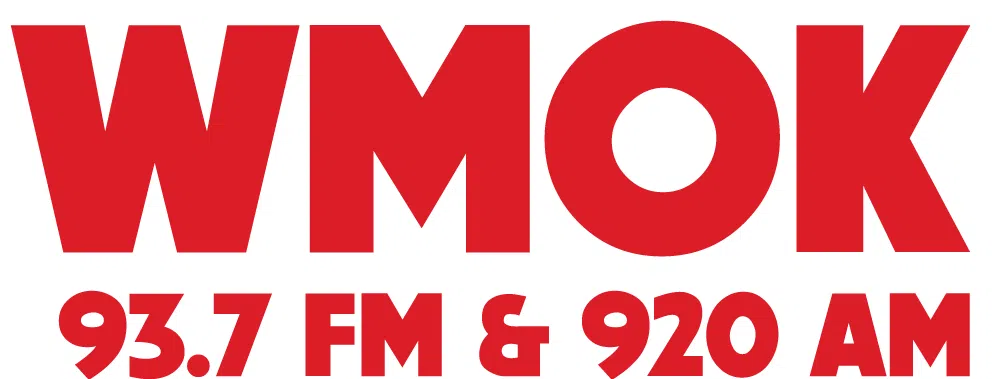When the clock hits midnight on New Year’s Day, 293 new state laws will take effect.
Those include some of the defining bills of the 2024 legislative session and others that will change how people get IDs, evaluate job postings and even cancel gym memberships.
In addition to the laws taking effect on Jan. 1, the state’s minimum wage will rise to $15 to complete a ramp up initiated during Gov. JB Pritzker’s first month in office in 2019.
Digital driver’s licenses
The secretary of state can begin creating a process to issue digital driver’s licenses and state IDs beginning in the new year after Pritzker signed House Bill 4592. Residents will still be required to receive a physical ID and agencies or private entities will not be required to accept digital IDs in place of physical IDs.
Providing a phone to police to show a digital ID also doesn’t give police consent to search a person’s cell phone.
Salary transparency
Employers with 15 or more employees must include information about benefits and the salary range on job postings, according to House Bill 3129. The law will also apply to businesses hiring for remote work positions in Illinois.
“When employers aren’t transparent about pay, gender and racial wage gaps widen, costing women and people of color valuable compensation,” Lt. Gov. Juliana Stratton said in a news release. “Illinois’ new Pay Transparency law is a resounding win for the working people who call our state home.”
‘Junk’ health insurance
Short-term, limited duration health insurance plans will be illegal in Illinois beginning Jan. 1. The plans, often called “junk insurance” by critics, do not meet the minimum standards of the federal Affordable Care Act.
The ban outlined in House Bill 2499 was part of Pritzker’s health insurance overhaul that lawmakers passed in the spring. It was aimed at reducing barriers to care for patients and making health care more affordable by expanding coverage requirements for insurance companies.
Short-term insurance plans are typically for people who have a lapse in health insurance coverage such as when they lose or change jobs, but they are different from COBRA benefits, which most employers are required to offer under federal law. Supporters of the bill argued the plans are deceptive and stick consumers with huge out-of-pocket costs, but others said the plans provide consumers with an affordable option to fill a gap in coverage.
Caregiver Discrimination
House Bill 2161 expands the categories protected from workplace discrimination and retaliation to include family responsibilities. This new law prohibits employers from taking negative actions against employees due to their roles as caregivers for family members, even if such responsibilities lead to absences from work. Rep. Will Guzzardi, a Democratic representative from Chicago and the sponsor of the bill, addressed a House committee in April, explaining that the legislation aims to assist individuals like pregnant women. He emphasized that pregnant employees should not be overlooked for promotions or face adverse consequences at work simply because they may need time off to care for their newborn. Guzzardi also made it clear that the bill does not shield employees who fail to meet job performance standards.
Coming later in 2025
Pritzker’s signature health reform package goes into effect on Jan. 1, but most provisions don’t have to be implemented until the beginning of 2026. House Bill 5395 bans “step therapy,” which requires patients to try and fail treatments preferred by insurance companies before they can receive the treatment recommended by their doctor.
It also bans insurance companies from requiring prior authorization for emergency in-patient mental health treatment, requires insurers to keep up-to-date lists of in-network providers and expands the power of the Illinois Department of Insurance to regulate premium rates.
Many hotels in Illinois will no longer be allowed to provide customers with single-use plastic soap and shampoo beginning July 1 under Senate Bill 2960. The move is designed to cut down on waste from single-use products. The Illinois Hotel & Lodging Association supported the change. Hotels with fewer than 50 rooms have until 2026 to make the change.
Other New Laws
NIL Money: Student athletes at NCAA universities are now allowed to earn money from their name, image, and likeness directly from their universities. This law, known as House Bill 307, was initiated by the University of Illinois.
Hearing Aids: Insurance providers are required to cover medically prescribed hearing aids for individuals of all ages under House Bill 2443. Previously, coverage was only mandated for those under the age of 18.
Gym Memberships: House Bill 4911 mandates that gyms and fitness centers provide multiple options for customers to cancel their memberships. Customers must now be able to cancel their memberships via email or online. Additionally, they can submit written cancellation notices by mail.
Subscription Renewals: Under Senate Bill 2764, businesses that offer free trials or promotional periods for their products or services must notify customers at least three days before the subscription automatically renews at a paid rate. This law applies only to subscriptions longer than 15 days.
Crime Victim DNA: House Bill 1168 states that DNA evidence collected from a person who is a victim of a crime for the purpose of aiding a criminal investigation cannot be entered into a DNA database.




Comments